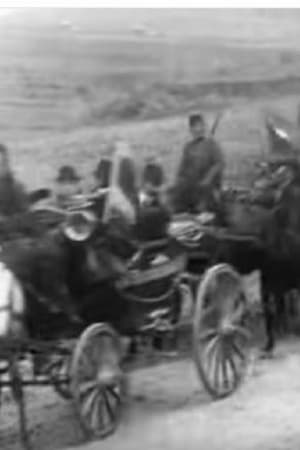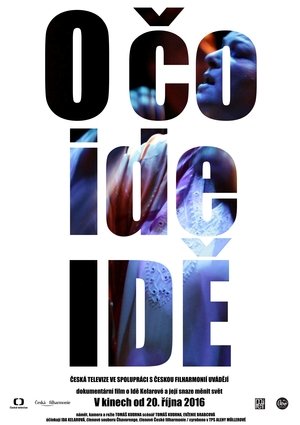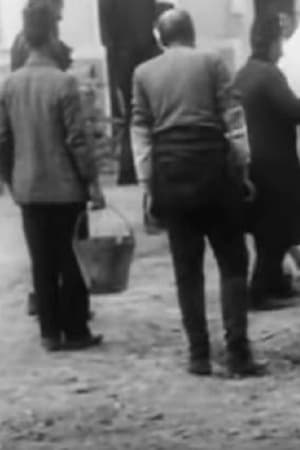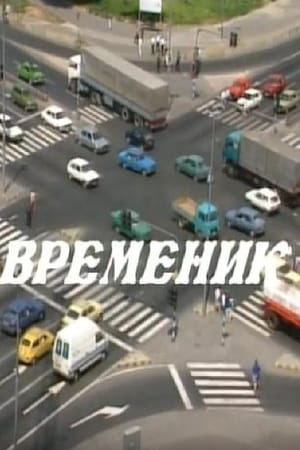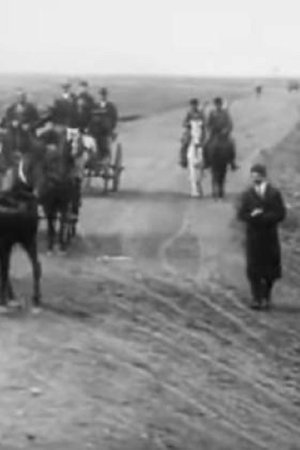
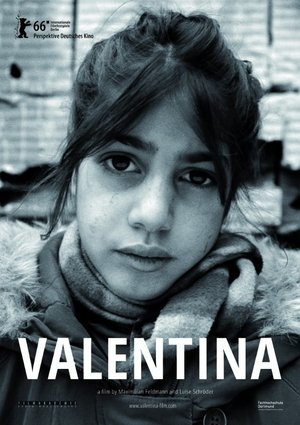
Valentina(2016)
Valentina lives among her extended family in the poor quarters of a Roma neighbourhood in Skopje, Macedonia. The ten-year-old girl is a tomboy and a highly gifted storyteller. To its charismatic heroine, the film is a roaming companion. Via quirky anecdotes, surreal daydreams and painful memories, Valentina introduces us to her family.

Movie: Valentina

Valentina
HomePage
Overview
Valentina lives among her extended family in the poor quarters of a Roma neighbourhood in Skopje, Macedonia. The ten-year-old girl is a tomboy and a highly gifted storyteller. To its charismatic heroine, the film is a roaming companion. Via quirky anecdotes, surreal daydreams and painful memories, Valentina introduces us to her family.
Release Date
2016-02-18
Average
0
Rating:
0.0 startsTagline
Genres
Languages:
DeutschRomânăKeywords
Similar Movies
 6.1
6.1When Borat Came to Town(ro)
A look at what happened after Borat: Cultural Learnings of America for Make Benefit Glorious Nation of Kazakhstan was filmed in the Romanian village of Glod. It follows the life of one girl who longs to escape the poverty as foreign lawyers arrive with the promise of suing 20th Century Fox for millions of dollars.
De caballos y guitarras(es)
A musical, and also a reflection on watching, on trying to escape an anthropocentric gaze and also on watching itself in cinema. Featuring mares and horses: Triana, Víctor K, Bambi Sailor, San Special Solano, Buck Red Skin, Onkaia, Cool Boy, the donkey Agostino, the mule Guapa. And also Alfredo Lagos, Raül Refree, María Marín, Pepe Habichuela, Virgina García del Pino, María García Ruiz, Pilar Monsell, María Pérez Sanz.
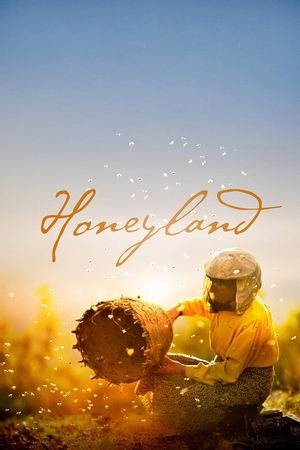 7.9
7.9Honeyland(tr)
When nomadic beekeepers break Honeyland’s basic rule (take half of the honey, but leave half to the bees), the last female beehunter in Europe must save the bees and restore natural balance.
Jag Är Registrerad(sv)
The news about the Swedish police's registry of Roma people has generated very strong reactions. In this new documentary we meet some young Swedish Roma people who talk about their feelings and thoughts about the registration.
Miri fajta(cs)
The central figure of the documentary is Robin Stria, an amateur filmmaker who is trying to create the first Roma sitcom in the Czech Republic. Its title - Miri Fajta - means My Family in Romani, and the Romani creator wants to tell a story about Romani using Romani actors. At the same time, it offers him the opportunity to think more deeply about his identity and show it at a time when the issue of self-awareness is also a problem of representation, because Roma creators are scarce.
Vierka, or The Mystery of Family B's Disappearance(cs)
When Czech singer Ida Kelarová meets the young Roma singer, Vierka Berkyová, she discovers an extraordinary and vibrant talent. Determined to develop her musical abilities and career, she brings her and her family from their home in Slovakia to live in the Czech Republic. They are encouraged to learn new routines and develop their lives in a variety of 'productive' ways. Then, one day they disappear without trace. What began as a document about Verika develops into a mystery. [taken from the London Film Festival 2006 catalogue]
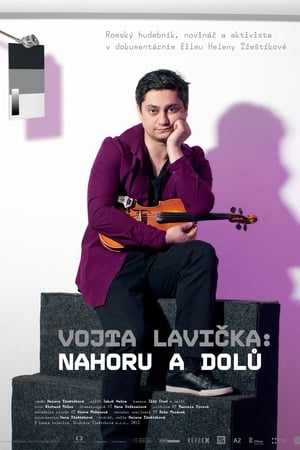 0.0
0.0Vojta Lavička: Ups and Downs(cs)
Longitudinal documentary film was shot for past 16 years and the main protagonist is Roman musician and activist Vojta Lavička. Vojta is a master in violin play, who focuses not only on music but also deals with problems of his origin Roman nationality. Vojta is very active in media - he worked in the national radio and television, he worked in the NGO that organize street work for Roman ghettos around the Czech republic, Vojta worked also as a social worker. All together we can watch him struggling with the main topic of his life - his national minority and problems that are caused by living next to Czech majority. Aside this topic films discovers Vojta's private life and his fight for being a good musician and a good man.
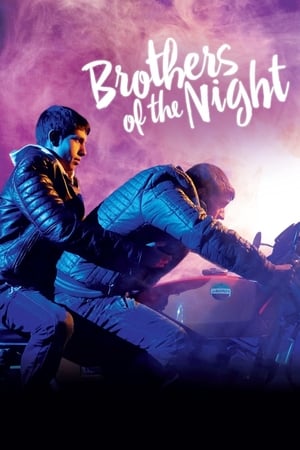 5.2
5.2Brothers of the Night(de)
Soft boys by day, kings by night. The film follows a group of young Bulgarian Roma who come to Vienna looking for freedom and a quick buck. They sell their bodies as if that's all they had. What comforts them, so far from home, is the feeling of being together. But the nights are long and unpredictable.
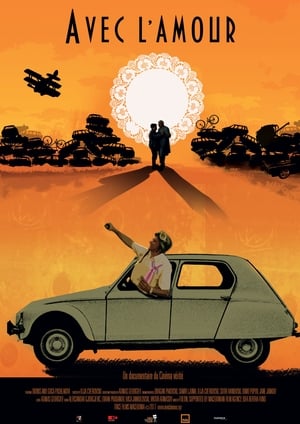 7.2
7.2Avec l'amour(mk)
A simple story, but larger than life portrayal of the universal human saga represented through Dionis, a retiring biology professor, his wife and his fantasy of turning his unusual car collection into a museum in a small uneventful town.
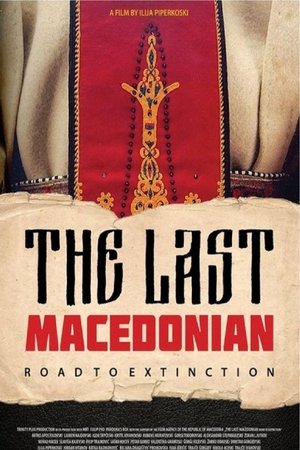 0.0
0.0The Last Macedonian - Road to Extinction(mk)
This is a documentary film about the land and people which will never restore their power of the past. A story about negations and many historical moments are enveloped in the veil of secret. Through the modern personalities and archives "The Last Macedonian from Macedonia" approaches to the truth revealing the never spoken moments and linking the past, present, but also the future. The film was shot on locations in Bitola and its surroundings.
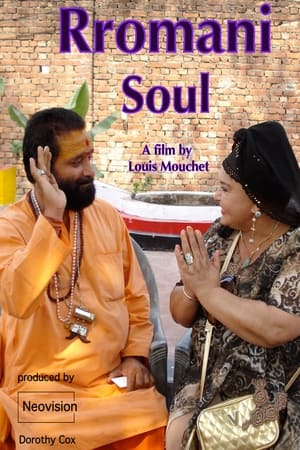 0.0
0.0Rromani Soul(en)
RROMANI SOUL traces the true origin of the Rroma people. Through rituals, song and dance we follow emblematic figure and "Queen of the Gypsies" Esma Redzepova to Macedonia, south of France and finally to India. The film reveals for the first time ever that the true and unique origin of the Rroma is Kannauj in Uttar Pradesh, India.
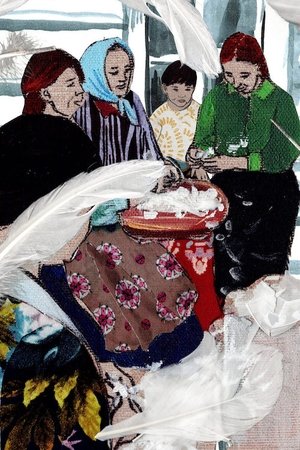 0.0
0.0Noncia(de)
The animated short film tells the moving story of the resistance and bravery of Alfreda Noncia Markowska, a young Roma woman from Poland who saved the lives of around fifty children and young adults during the Second World War.
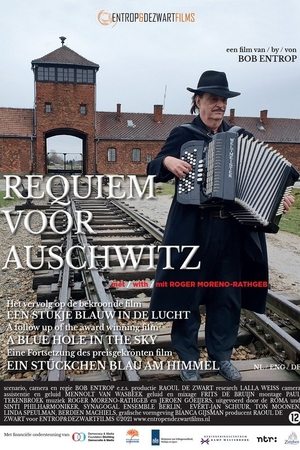 0.0
0.0Requiem for Auschwitz - the film(nl)
13 years ago, director Bob Entrop made the film A piece of blue in the sky, the first film in the Netherlands that depicted the murder of almost 1 million Sinti and Roma during the Second World War. There is a taboo on what happened during the war, you don't talk about it with anyone and certainly not in front of a camera. Requiem for Auschwitz is a sequel, with the most valuable moments from the first film, supplemented with the grandchildren and the creation and performance of the 'Requiem for Auschwitz' by Sinti composer Roger Moreno Rathgeb by the Sinti and Roma Philharmonic from Frankfurt and a Jewish choir in the Berliner Dom in Berlin, during Holocaust Memorial Day. During his visit to Auschwitz in 2020 with four musicians from the Dutch Accompaniment Orchestra, Roger shows them the places that inspired him.
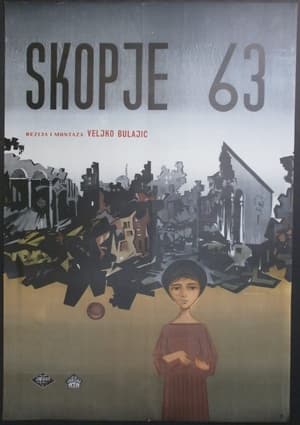 3.0
3.0Skopje '63(sh)
"Skoplje '63" is a 1964 Yugoslavian documentary film directed by Veljko Bulajić about the 1963 Skopje earthquake (Skoplje, per film title, is the Serbo-Croatian spelling of Skopje). The filming started three days after the earthquake and lasted for four months. After that, Bulajić spent 12 months editing the footage at Jadran Film studios.
With the Ship 'Macedonia' from Rijeka to New York(mk)
A travel documentary about the ship "Macedonia" which sets sail from the port of Rijeka, travels along the Mediterranean Sea stopping at Alexandria, Genova, Marseilles, Algiers and arrives at the final destination in New York.
